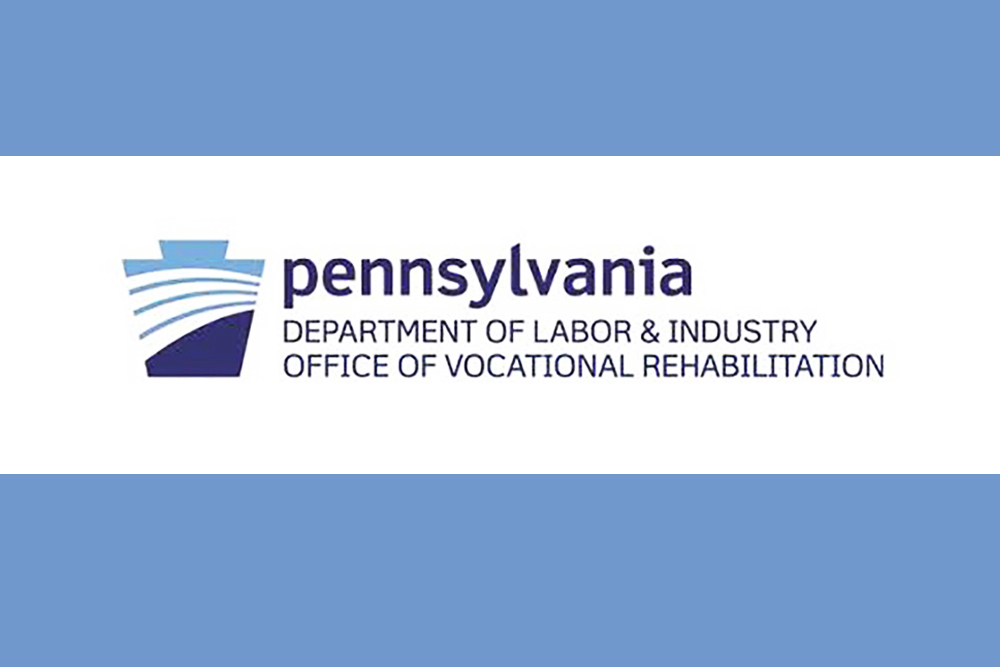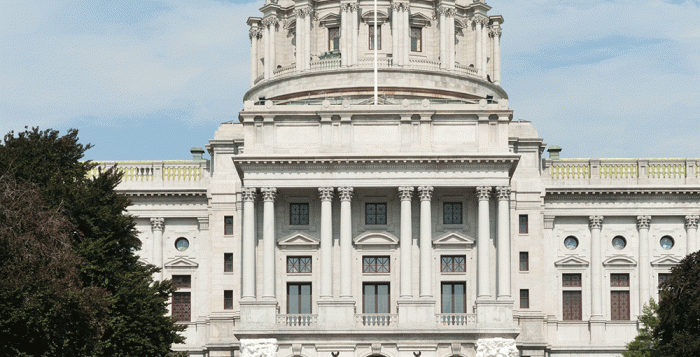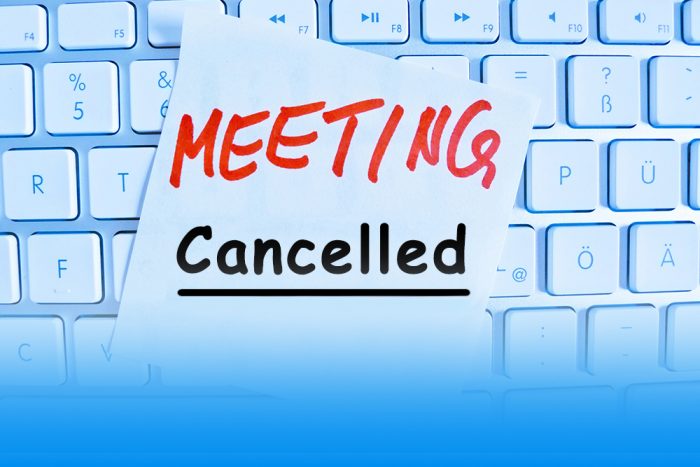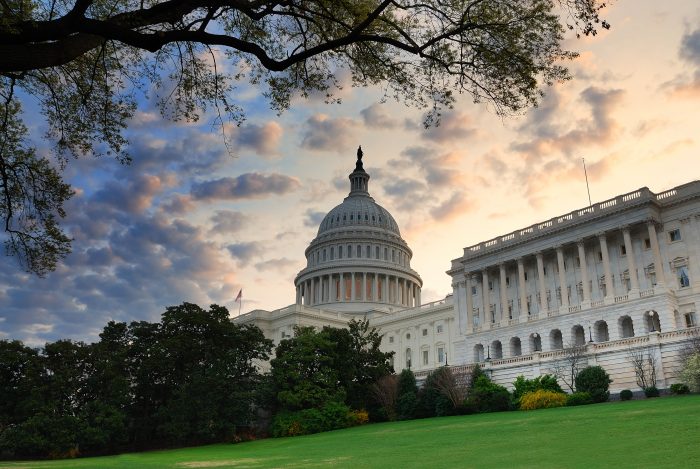988
September is Suicide Prevention Month: Start the Conversation
An excerpt from Pennsylvania’s Suicide Prevention Month Guide Start the Conversation:
September is Suicide Prevention Month, with the week of September 8–14 identified as National Suicide Prevention Week. September 10 is recognized as World Suicide Prevention Day in countries around the world. This year marks the beginning of a new three-year theme focused on changing the narrative on suicide, which involves moving beyond awareness to starting conversations and taking action. Across sectors and settings, changing the narrative requires both culture and systemic change to provide meaningful education, advocate for resources, and prioritize suicide prevention in an ongoing way.
Read the Start the Conversation guide to learn how to speak with others about suicide prevention as well as gain access to toolkits and resources.
RCPA 988/Crisis Work Group Meeting Cancelled
This is an announcement that the 988/Crisis Work Group meeting scheduled for Wednesday, May 22, has been cancelled. RCPA will reschedule the meeting in the coming months. Currently, there is no movement or update in the OMHSAS Crisis Regulations release for public comment. Additionally, at this time, OMHSAS is making structural changes in their Policy and Crisis divisions. There are legislatively very few federal or state bills suggesting substantive changes in the development of the 988 system.
If you have any questions, please contact RCPA COO & MH Policy Director Jim Sharp.
Biden Signs Mental Health and SUD Funding Bill Into Law
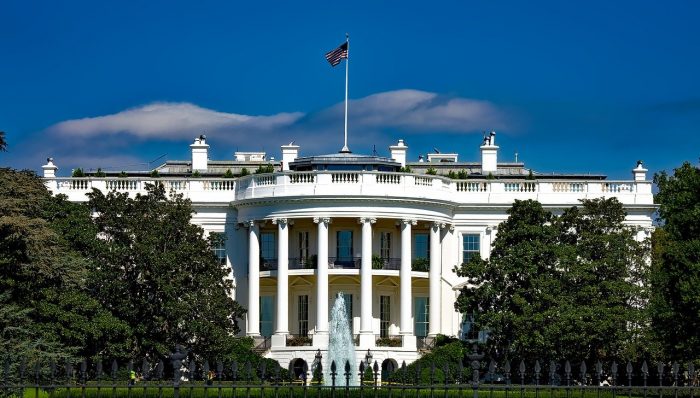
President Biden signed the Further Consolidated Appropriations Act, 2024 into law on March 23. This Act includes the Labor, Health and Human Services, Education, and Related Agencies Appropriations Act, 2024. Notable FY 2024 funding totals for mental health and substance use include:
- $385 million for Certified Community Behavioral Health Clinics (level with FY 2023);
- $986,532,000 for the Mental Health Block Grant, which includes maintaining the existing 5% of the total set aside for evidence-based crisis care programs that address the needs of individuals with serious mental illnesses, children with serious emotional disturbances, or individuals experiencing a mental health crisis (level with FY 2023);
- $153 million for the Behavioral Health Workforce Education and Training Program, including $40 million for the Substance Use Disorder Treatment and Recovery Loan Repayment Program (level with FY 2023);
- $1,575,000,000 for State Opioid Response Grants (level with FY 2023); and
- $1,928,879,000 for Substance Use Prevention, Treatment, and Recovery Services Block Grants (level with FY 2023).
Additionally, key provisions of the Act include an $18 million increase in funding for the 988 Suicide & Crisis Lifeline and a $1 million increase for the Primary and Behavioral Health Care Integration grant technical assistance program. There is also a $75 million increase for mental health research conducted by the National Institute of Mental Health. Various mental health and substance use programs maintained funding levels similar to those of FY 2023. For more information, you can access the full explanatory text as well as the comparative highlights table.
If you have any questions, please contact RCPA Policy Director Jim Sharp.
DHS Highlights Research and Resources Aimed at Preventing Suicide
Reminder: Act Now to Support 988!
Message from the National Council for Mental Wellbeing:
Last week we reached out asking you to write to your congressional representatives in support of the 988 Implementation Act. We wanted to pop back into your inbox with a critical opportunity we have to expand the network connecting people to mental health and substance use care across the country.
The 988 Suicide and Crisis Lifeline has successfully served millions of people. But there is more work to do, and we need your support to do it. Support from you and your representative will go a long way that our crisis care system provides people in every community with someone to respond and somewhere to go if we hope to fulfill the promise of 988.
As a reminder it will only take 2 minutes to show your support. Here is why it’s paramount that your representatives support this legislation, 988 Implementation Act:
- Expands behavioral health workforce training programs and provides grant opportunities for local behavioral health centers;
- Expands Medicaid coverage for behavioral health services, including short term crisis intervention services;
- Increases support for mobile crisis response, ensuring that even those in rural areas have access to timely care;
- Creates new capital grants to be used for crisis response program facility renovation, construction, and expansion;
- Narrows the IMD exclusion so that services furnished in psychiatric acute care crisis beds administered by CCBHCs and other crisis care settings are eligible for Medicaid coverage; and
- Increases awareness of 988 through a national media campaign.
Contact your Congressional Representatives and urge them to support the 988 Implementation Act. By strengthening, and raising awareness for current resources, and building capacity at the state level for these on the ground crisis services, this legislation will make a difference, and save the lives of your friends, neighbors, and community members in crisis. Time is of the essence. Act today, and together we can strengthen the crisis care continuum.
Thank you for your advocacy.
Sincerely,
Rachel Abraham
Federal Policy and Advocacy Coordinator
The National Council for Mental Wellbeing
OMHSAS to Host Live Crisis Symposium on September 14

Action Needed! Tell Your Representative to Support the 988 Implementation Act
Message from the National Council for Mental Wellbeing:
This month the National Council for Mental Wellbeing and hundreds of other organizations across the country celebrated the first anniversary of the 988 Suicide and Crisis Lifeline, a new dialing code operated through the existing National Suicide Prevention Lifeline. With the new, easy to remember number, the Lifeline successfully served millions more people than in years prior.
Yet we still have a long way to go to ensure that our crisis care system provides people in every community with someone to respond and somewhere to go.
Recently, Representative Tony Cardenas (D-CA-29) introduced the 988 Implementation Act, bipartisan legislation that seeks to provide federal funding and support for states to enact 988 crisis services and broaden awareness of resources for those in crisis.
What is the 988 Implementation Act?
- Expands behavioral health workforce training programs and provides grant opportunities for local behavioral health centers;
- Expands Medicaid coverage for behavioral health services, including short term crisis intervention services;
- Increases support for mobile crisis response, ensuring that even those in rural areas have access to timely care;
- Creates new capital grants to be used for crisis response program facility renovation, construction, and expansion;
- Narrows the IMD exclusion so that services furnished in psychiatric acute care crisis beds administered by CCBHCs and other crisis care settings are eligible for Medicaid coverage; and
- Increases awareness of 988 through a national media campaign.
Contact your Congressional Representatives and urge them to support the 988 Implementation Act. By strengthening, and raising awareness for current resources, and building capacity at the state level for on the ground crisis services, this legislation will make a difference, and save lives.
Time is of the essence. Act today, and together we can strengthen the crisis care continuum.
Sincerely,
Rachel Abraham
Federal Policy and Advocacy Coordinator
The National Council for Mental Wellbeing

